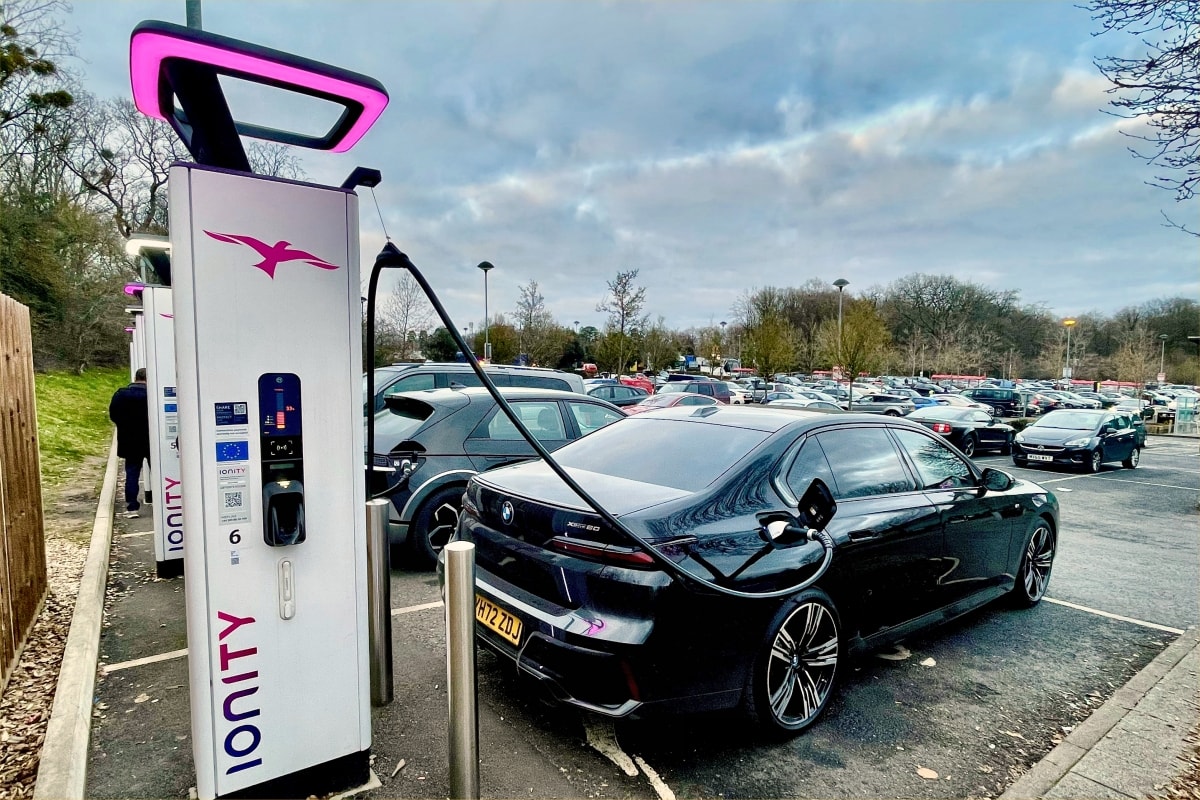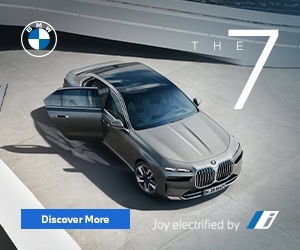AA report shows EV charge costs fell 8% in January, but peak rates introduced

The cost of flat-rate electric vehicle charging on the public network fell by up to 8% in January compared to December, but more providers across all speeds have now introduced peak and off-peak rates, according to the latest AA EV Recharge Report.
The cost of public slow charging, typically carried out on lamppost chargers, fell by 8% to mirror the cost of domestic charging in January, while fast and rapid flat rates fell by 3% compared to December. Petrol pump prices in the same period fell 1.7%.
The AA EV Recharge Report now includes data from 18 charge point operators, and the report reveals that providers at all speeds are now offering peak and off-peak rates across the public network.
Peak rates exceed 70p/kWh, with fast and rapid peak rates the most expensive on the market, however all providers determine their peak times differently so EV drivers should check the costs prior to plugging in.
| Charge Type | Speed | Jan avg (p/kWh) | Dec avg (p/kWh) | Difference (p/kWh) | Cost to charge to 80% | Pence per mile |
| Domestic | Up to 7Kw | 34 | 34 | 0 | £13.60 | 7.64 |
| Slow | Up to 7kW | 34 | 37 | -3 | £13.60 | 7.64 |
| Fast | 8-22kW | 53 | 55 | -2 | £21.20 | 11.91 |
| Rapid | 23-100kW | 66 | 68 | -2 | £26.40 | 14.83 |
| Ultra-rapid | 101kW+ | 71 | 70+ | £28.40 | 15.96 |
AA EV Recharge Report (Peak/Off-Peak Rates) – January 2023 (All PAYG prices not including connection fees where applicable).
| Charge Type | Speed | Jan avg (p/kWh) | Cost to charge to 80% | Pence per mile |
| Slow Off-Peak | Up to 7kW | 37 | £14.80 | 8.31 |
| Slow Peak | Up to 7kW | 72 | £28.80 | 16.18 |
| Fast Off-Peak | 8-22kW | 57 | £22.80 | 12.81 |
| Fast Peak | 8-22kW | 75 | £30.00 | 16.85 |
| Rapid Off-Peak | 23-100kW | 57 | £22.80 | 12.81 |
| Rapid Peak | 23-100kW | 75 | £30.00 | 16.85 |
| Ultra-rapid Off-Peak | 101kW+ | 60 | £24.00 | 13.48 |
| Ultra-rapid Peak | 101kW+ | 74 | £29.60 | 16.63 |
While average petrol pump prices fell by 1.7% in January to 148.8 pence per litre, the cost per mile of running a petrol car came to 14.21 pence per mile. EV drivers exclusively using peak rate charge or flat rate rapid and ultra-rapid chargers will lose out, but most will only use rapid charging as a top up on long journeys or peak charging rates if there are few alternatives. Furthermore, subscriptions are available for all charge point speeds which can unlock a cheaper p/kWh.
These calculations are based on the Vauxhall Corsa, a car available as both an EV and a petrol model. The data assumes adding 80% to a Vauxhall e-Corsa, 50kW, with a WLTP range of 222 miles. Adding 80% range equates to 178 miles of range. For the petrol engine car, the calculations are based on a Vauxhall Corsa 1.2 petrol with a 40 litre tank. An 80% refuel is 32 litres at 148.80 ppl = £47.62. A combined economy figure of 47.9mpg gives a range of 335 miles at 14.21 p/mile.
Jack Cousens, head of roads policy & EV charging, said; “The slight fall in electricity prices has been reflected in the flat rate prices EV drivers pay. The speed in which the prices fell is encouraging and hopefully means the ‘rocket and feather’ approach to wholesale costs experienced in petrol prices won’t be adopted by charge point operators.”
“However, we believe OFGEM needs to keep a watchful eye on peak rate costs to ensure they don’t escalate to the point where it puts drivers off using them. Whilst we understand the reasons why peak rates exist, the price needs to be reasonable in relation to the speed of charge.”
In the Recharge Report, the AA analysed 18 charge point providers accounting for more than 12,000 devices. Latest DfT figures show there were 34,637 publicly available devices as of October 2022.



